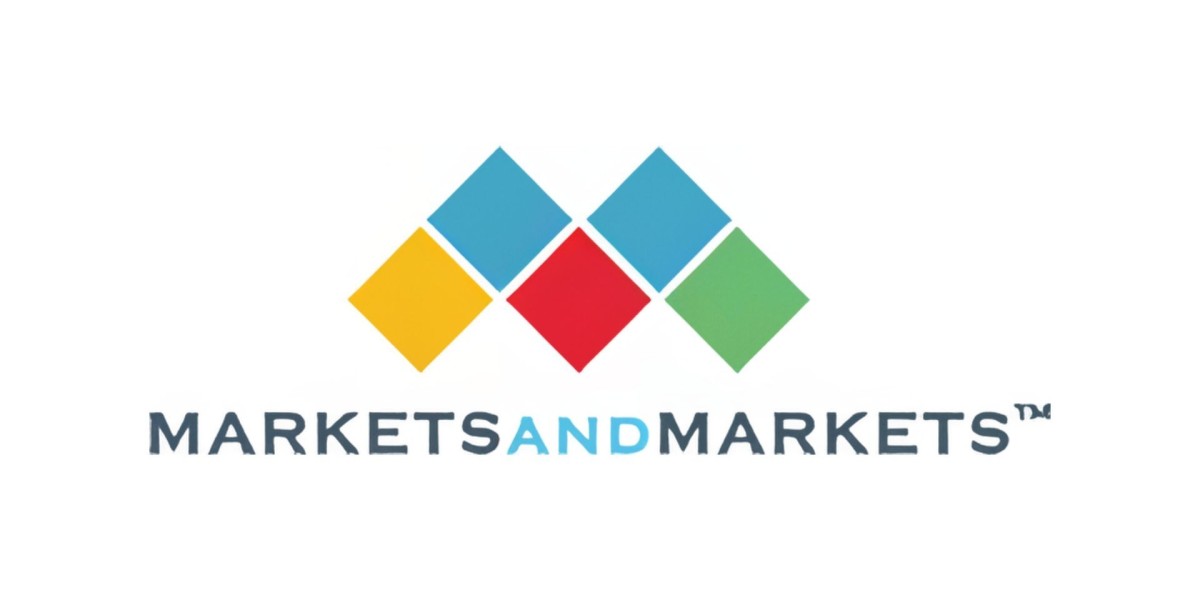The global size of protein engineering market in terms of revenue was estimated to be worth USD 2.2 billion in 2019 and is poised to reach USD 3.9 billion by 2024, growing at a CAGR of 12.4% from 2019 to 2024.
Download PDF Brochure: https://www.marketsandmarkets.com/pdfdownloadNew.asp?id=898
Factors such as the increasing investments in synthetic biology and the growing focus on protein-based drug development by pharmaceutical and biotechnology companies are expected to drive the growth of this market in the coming years.
Instruments segment accounted for the largest share of the protein engineering market, by product & service, in 2019
Based on product & service, the protein engineering market is segmented into instruments, consumables, and software & services. Instruments accounted for the largest share of this market in 2019 owing to the technological advancements in mass spectrometry and X-ray crystallography and their ability to integrate with other technologies.
Monoclonal antibodies segment accounted for the largest share of the protein engineering market, by protein type, in 2019
Based on protein type, the protein engineering market is segmented into monoclonal antibodies, insulin, erythropoietin, interferons, vaccines, colony-stimulating factors, growth hormones, coagulation factors, and other proteins. Monoclonal antibodies accounted for the largest share of the protein engineering market in 2019, majorly due to the high and growing demand for monoclonal antibodies for the treatment of cancer, neurological diseases, and infectious diseases.
Rational protein design was the largest technology segment in the protein engineering market in 2019
Based on technology, the protein engineering market is segmented into rational and irrational protein design. The rational protein design segment accounted for the largest share of the market, majorly due to the increasing use and continuous upgrades of bioinformatics platforms and software for protein analysis.
Biopharmaceutical companies were the largest end users of protein engineering products and services in 2019
Based on end user, the protein engineering market is segmented into biopharmaceutical companies, contract research organizations, and academic research institutes. Biopharmaceutical companies use protein engineering products extensively in their drug discovery and development activities as these products help in designing models to develop a broad range of protein-based drugs. As a result, biopharmaceutical companies were the largest end users in this market in 2019.
North America was the largest regional market for protein engineering products and services in 2019
In 2019, North America accounted for the largest share of the global protein engineering market, followed by Europe. The large share of the North American market is attributed to the presence of well-established CROs, rising R&D expenditure, and the availability of the latest techniques and instruments for drug discovery research in the region. Also, the rising adoption of biologic drugs such as monoclonal antibodies, erythropoietin, and interferons for the treatment of chronic diseases is a major factor driving the growth of the North American market.
The major companies operating in the global protein engineering market include Thermo Fisher Scientific (US), Danaher Corporation (US), Agilent Technologies (US), and Bio-Rad Laboratories (US).
https://www.marketsandmarkets.com/Market-Reports/protein-antibody-engineering-market-898.html









